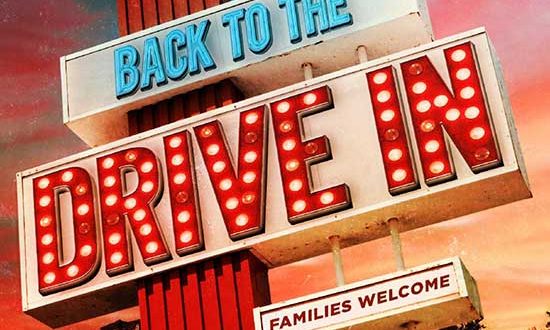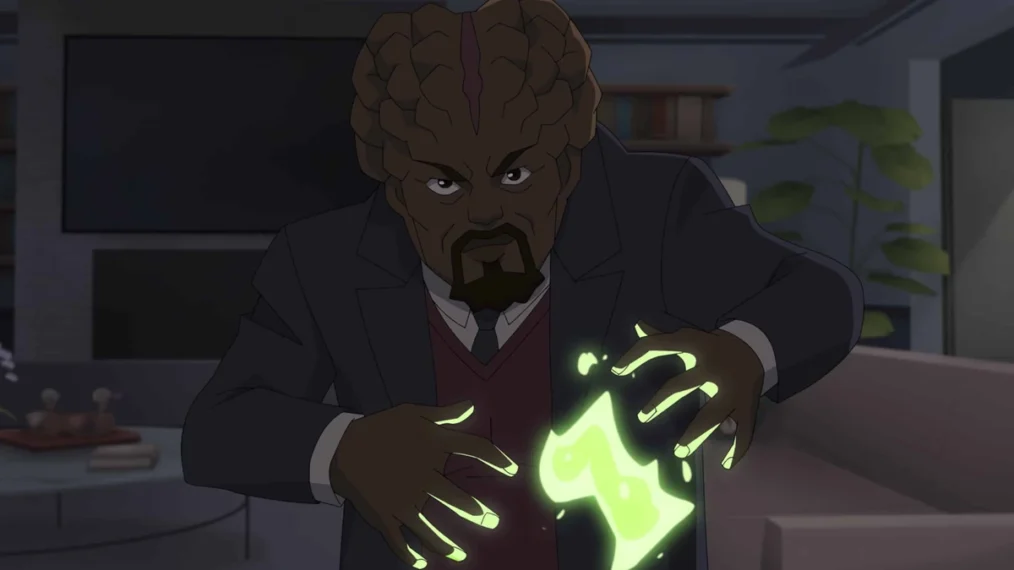Rishi Sunak, UK prime minister, on Thursday distanced himself from his newly appointed Conservative party deputy chair, after Lee Anderson said he would support the return of the death penalty.
Anderson, who was elected to represent Ashfield in Nottinghamshire in 2019, insisted that “nobody has ever committed a crime after being executed”, in an interview with the Spectator magazine given before his appointment to the role.
The remarks come as Sunak faces growing scrutiny over his political judgment in the wake of his former party chair Nadhim Zahawi being sacked for misconduct over his tax affairs, and the continuing inquiry into deputy prime minister Dominic Raab over bullying allegations, which he denies.
Speaking to reporters in Cornwall, Sunak argued that Anderson’s views on the death penalty — which has not been used in the UK since August 1964 — did not represent his own. “That’s not my view, that’s not the government’s view,” he said.
“We are united in the Conservative party in wanting to be absolutely relentless in bearing down on crime and making sure people are safe and feel safe,” he said.
The Murder (Abolition of Death Penalty) Act was passed in 1965 but the punishment was not fully abolished in the UK until 1998.
Anderson’s seat of Ashfield is part of the so-called “red wall” — constituencies in the Midlands and northern England which swung from Labour to the Tories in 2019.
Anderson, a Brexiter who backs tough immigration controls, is largely seen within the party as a counterbalance to the more moderate Greg Hands, who was appointed party chair in a ministerial reshuffle on Tuesday.
Hands, a Cambridge graduate and former banker, supported Remain during the UK’s referendum to leave the EU and is MP for Chelsea and Fulham.
Some Tory MPs sought to defend Anderson’s appointment; House of Commons leader Penny Mordaunt who argued that it was a “tremendous credit” to have Anderson in parliament.
“He’s a John Prescott-type figure,” one former minister remarked, referring to Tony Blair’s deputy prime minister between 1997 and 2007, who was known for his plain-speaking and gruff manner.
Others privately fear that Anderson could prove troublesome to Sunak. “It’s a symbolic appointment largely to shore up the right of the party,” one Tory backbencher said. “But the fact that we are talking about the death penalty rather than government policy is a problem.”
“His appointment is not without risks — as he is a figure who repels as much as he attracts,” one senior Conservative argued. “The problem is, if you are deputy chair, you are part of the government by default — it’s hard to distance oneself.”
Anderson, a former Labour councillor and coal miner, has previously drawn attention for his outspoken remarks on topics such as race, immigration and food poverty.
Last year, he said: “Anybody earning 30-odd grand a year, which most nurses are, using food banks — then they’ve got something wrong with their own finances.”
Royal College of Nursing general secretary Pat Cullen called the comments “disgusting, heartless and dangerously out-of-touch”.
The Tory MP also carried out a one-person boycott of the Euro 2020 championship over the England soccer team’s decision to “take the knee” in protest against racism, arguing that it was a “political movement” which risked alienating “traditional supporters”.

















































































